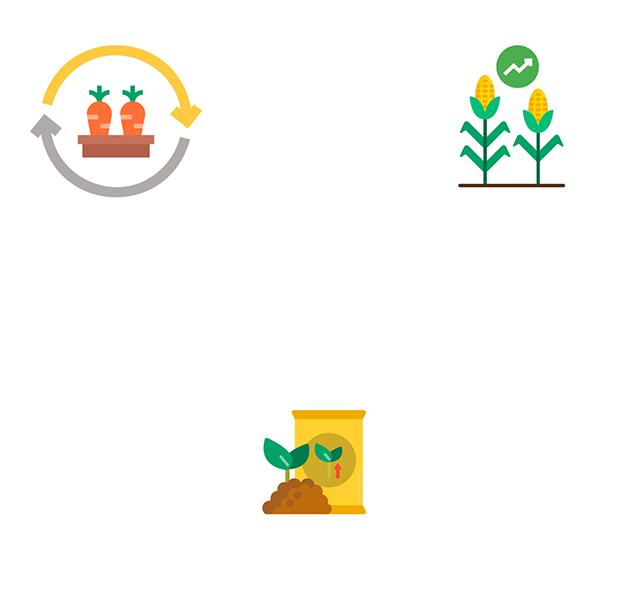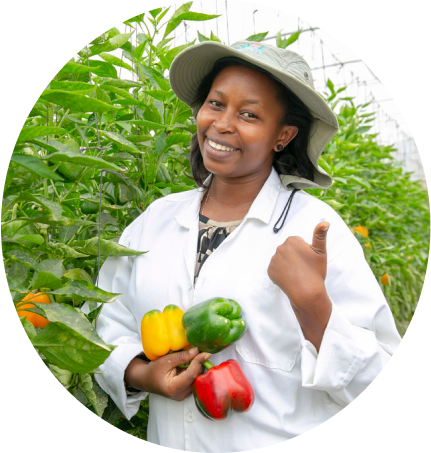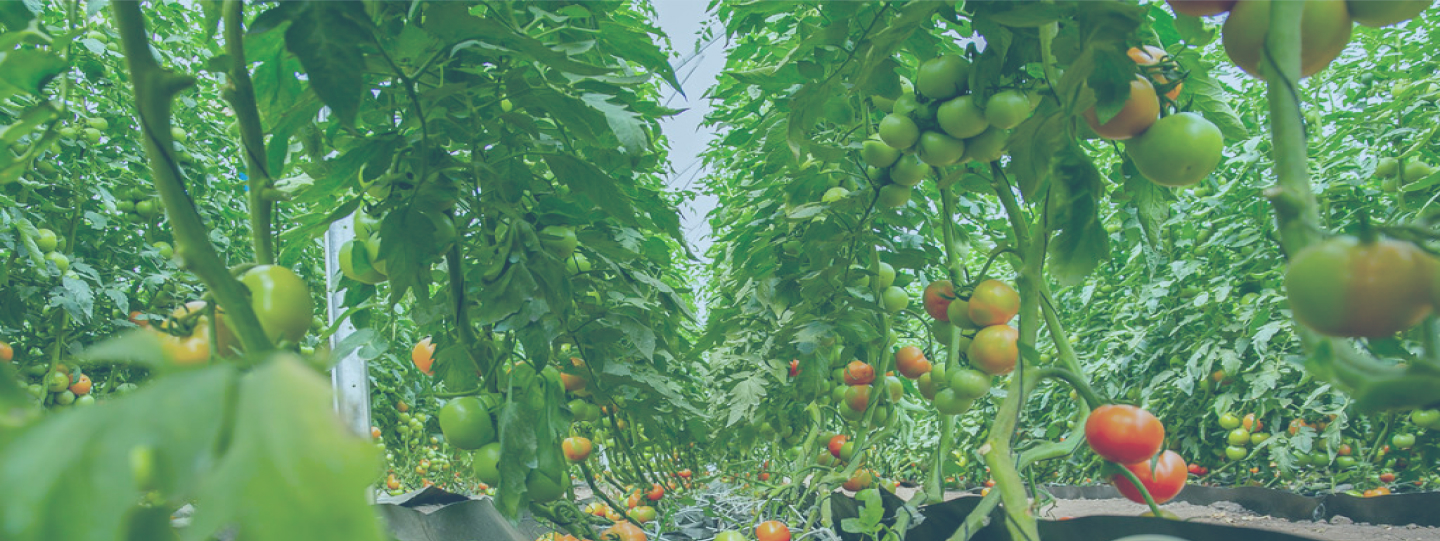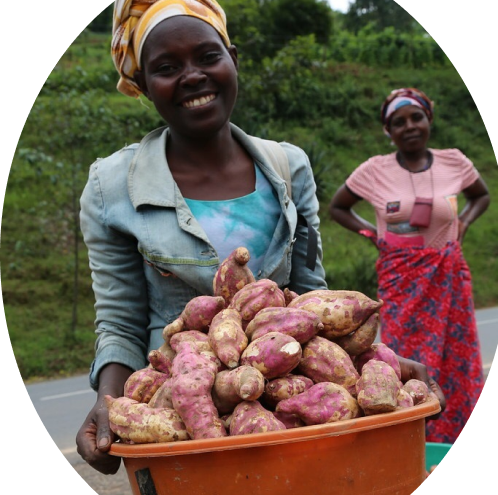The Circular Food Systems for Rwanda program will help transform Rwanda’s food systems to be more circular and sustainable.
Food is fundamental to our health, environment, society and economy, but today’s food systems are wasteful, resource-intensive and polluting.
Roughly one-third of food produced globally is lost or wasted, which amounts to about 1.3 billion tons per year. Meanwhile, 800 million people worldwide don’t have enough to eat.
Building a circular economy for food, while operating within planetary boundaries, will be crucial to supporting the world’s growing population—an expected 9.7 billion people by 2050.


This program will foster the growth of circular food practices in Rwanda.
Circular Food Systems for Rwanda supports small and medium-sized enterprises (SMEs) to adopt circular business models or improve upon existing practices. Our network of technical assistance providers provides this tailored support. Alongside this work, the program aims to establish an enabling policy environment to drive forward systemic transformation.
The Technical
Assistance Facility
The program pairs SMEs with a technical assistance provider who will support with developing and scaling circular business models and practices.
Do you run an SME in the agri-food sector in Rwanda?
Find out out more about how the Circular Food Systems for Rwanda initiative provides technical assistance.
Policy and Stakeholder Engagement
The program will focus on creating effective policy and increasing stakeholder engagement for an enabling environment for food systems transformation in Rwanda.
To do this, a multi-stakeholder platform will be created to enable and encourage exchanges and dialogue between public, private and civil society players relevant in the transition to a circular food systems in Rwanda.


Realizing the goal of building a circular economy is a team effort.
Circular Food Systems for Rwanda is a partnership between several national, regional and global organizations.



